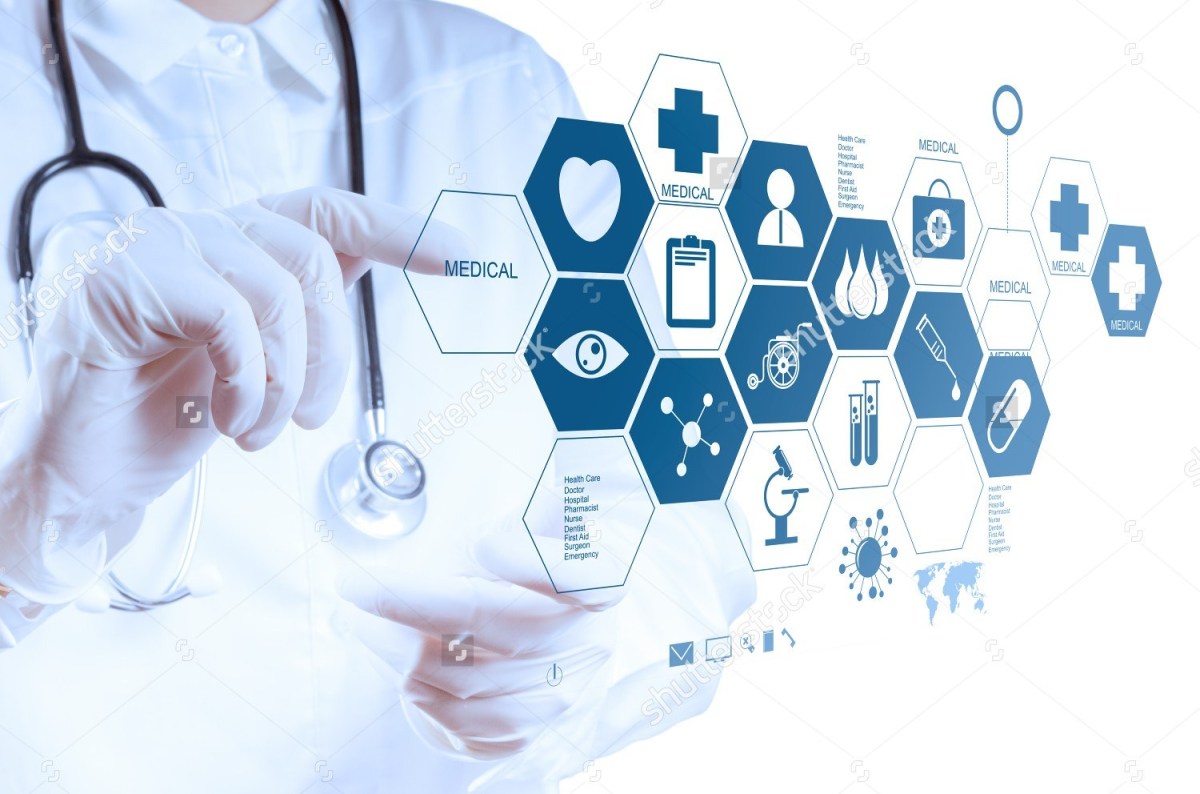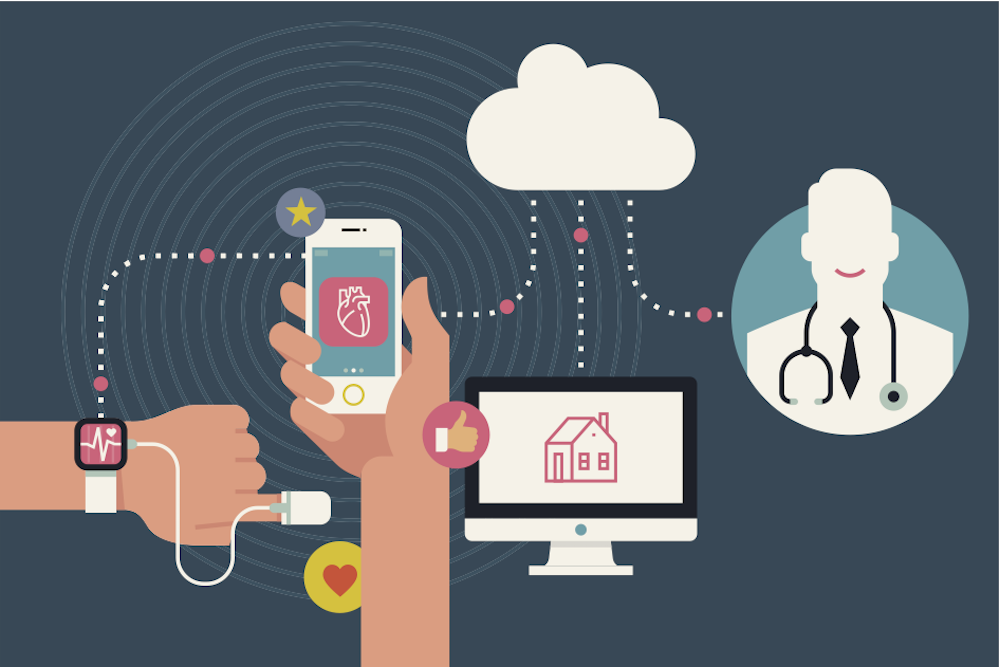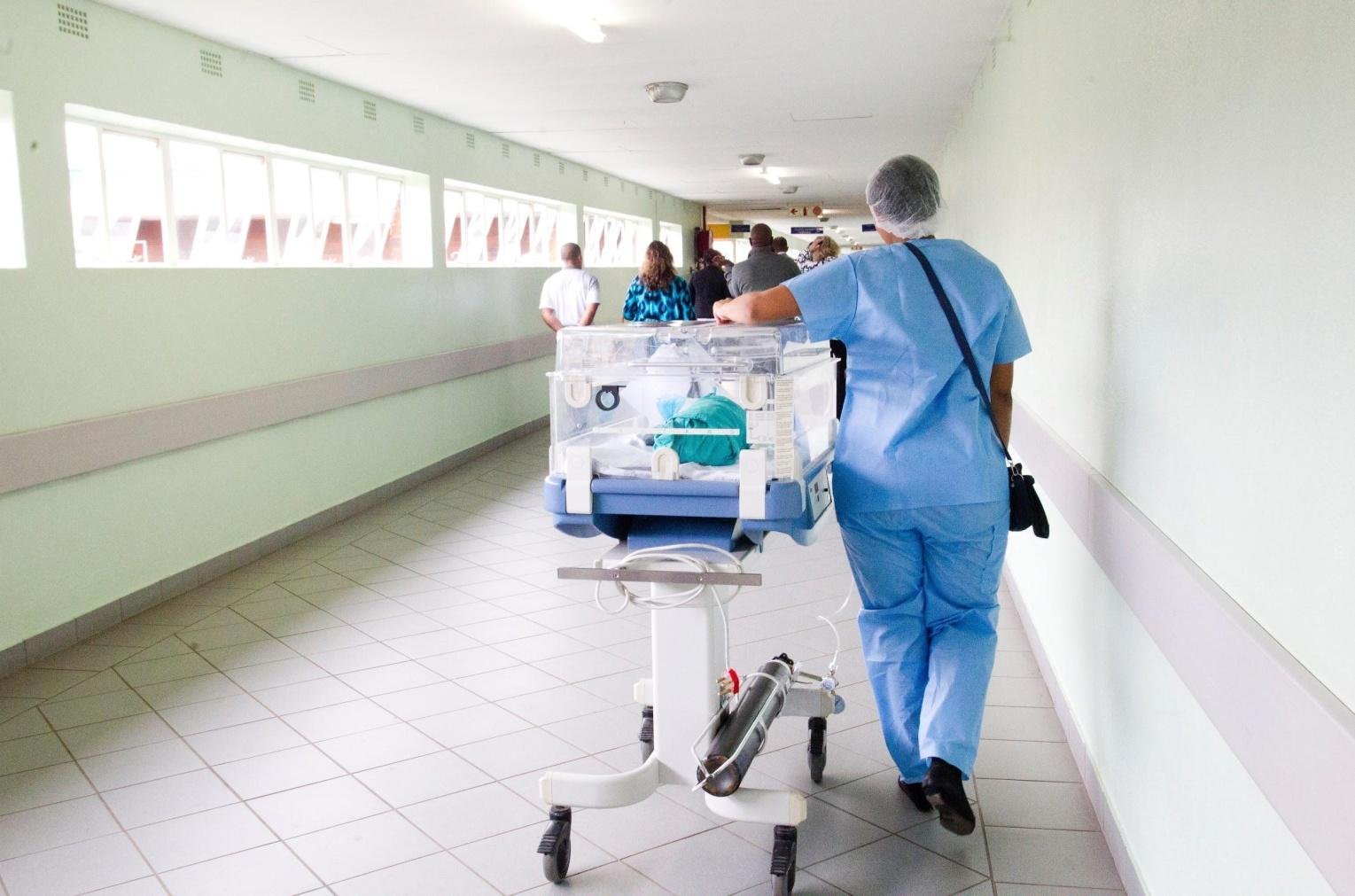There’s no denying that technology now plays a major role in all aspects of our lives. Some people are quite apprehensive about that fact and simply can’t cope with the pace at which the world is changing. On the other hand, others are ready to embrace every single technological breakthrough, trying to make the most of it. Whichever group you belong to, you have to admit that technology has altered our lives forever.
There are not many fields where this influence is more present than medicine. What was completely unfathomable until not so long ago is now a standard at most medical institutions. Let’s take a look at some hallmarks of technological progress’s influence on the medical industry.
Speed of information

If you remember any TV show set around any hospital in the world, you’ll probably be able to recall at least one scene where a patient’s life depended on the right diagnosis and treatment being introduced at the right moment. All medical decisions are time-sensitive and rely heavily on the correct interpretation of available data. That’s where digital technology steps in. It allows doctors and other medical professionals to have access to complete medical records, without losing precious time. Also, in many countries, all relevant medical institutions are connected, which makes everyone’s life much easier.
Videos are available
Cameras are now being put to great use. We are recorded the moment we step outside our homes and operating rooms are no exceptions. This is great not only for doctors, who are able to learn about various new procedures used by most renowned experts worldwide, but also for patients, who can now see exactly what kind of surgery they’ve had or what to expect from a forthcoming procedure. Patients simply love watching new Dr Timothy Steel videos if they are about to receive help from a neurosurgeon, because it helps them prepare better for what’s to follow.
Big data

While excess information may be overwhelming if not processed properly, we are aware that the more data we collect, the more we’ll know. Modern technology helps us analyze enormous pools of data sets in order to discover trends and patterns. In medicine, this allows experts to use statistical data to reach scientific conclusions. Translated into practice, it means we can finally know for sure what causes certain diseases and some new, better treatments can be suggested. Neither of that would be possible without modern technology.
AI makes it better
Possibly the biggest changes have been brought about by artificial intelligence. If used properly, it can learn algorithms and use them to interact with an amazing range of information, while at the same time providing instant dossier complements that ultimately lead to more accurate and precise prognosis and treatment. Over the past decade, AI has played a vital part in research and synchronisation of medical devices and machines and more exciting things can be expected. Healthcare is becoming increasingly digital and, as such, much more efficient. Ultimately, it’s patients who reap the most benefits.
Mobile health

The age we’re living in puts a lot of focus on mobility. With more and more people living and working “on the go”, it’s quite understandable that the medical industry had to follow suit. One of the strategies employed is the use of mobile apps. They are used to monitor one’s health, store relevant information and improve the communication between patients and medical professionals. One of the great advantages is that such apps are not only mobile, but also extremely efficient when it comes to saving time. Needless to say, things are still far from perfect, but this segment has improved by leaps and bounds already and we can expect the trend to continue.
As you can see, technology has affected the medical industry and everyone expects the impact to be even greater in the future. Though we might have some hints about the directions in which this development will continue, it’s impossible to predict precisely what kind of benefits and changes we’ll see. What goes without saying is that the impact will be more profound and hopefully even more beneficial than ever before. To all of us that is good news, since it will mean we’ll be able to get better health care and that’s what matters the most.

